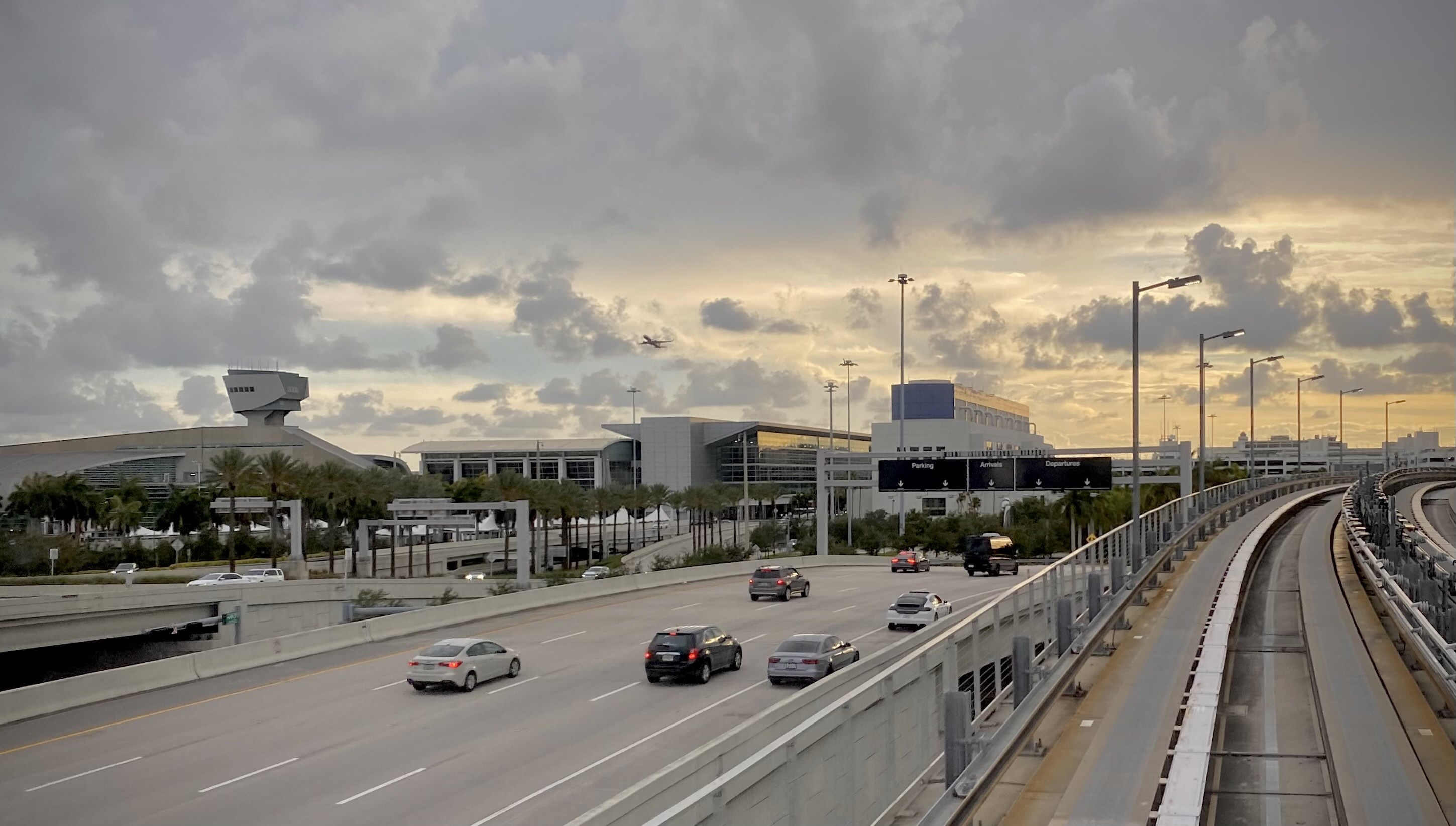Have a story idea
Have a story idea? Send it to us here.

Source : Wikimedia
March 10, 2025
Author : Alex Bustillos
Miami International Airport (MIA) is set to undergo a massive $9 billion transformation to accommodate its growing passenger and cargo demands.
The expansion comes as the airport continues to shatter records, serving 56 million passengers in 2023 and handling over 3 million tons of cargo.
With projections estimating passenger numbers to reach 77 million by 2040, these upgrades are essential to maintaining MIA’s role as a global aviation hub.
The airport’s modernization plan includes significant infrastructure improvements, such as new concourses, expanded cargo facilities, additional parking, and improved passenger amenities. The most ambitious project, a new concourse estimated at nearly $1 billion, is set to be completed by 2034, with most other upgrades expected to be finished within the next five years.
Miami-Dade Mayor Daniella Levine Cava has been a strong advocate for these improvements, emphasizing their importance to the region’s economy. “We are emerging as one of the top three metros in the world, along with Dubai and Singapore,” Levine Cava stated. She pointed out that MIA must modernize to keep pace with other global airports, as Miami continues to grow as a financial, cultural, and tourism hub.
MIA’s strategic location makes it a vital connection point for international travel, particularly between North America, Latin America, and Europe. It serves over 180 destinations with more than 60 airlines.
According to MIA Director and CEO Ralph Cutié, the airport generates approximately $118 billion in business revenue statewide and supports 700,000 jobs across Florida. “Between passengers and cargo, we are not only the county’s but the state’s number one economic engine,” he said.
Cargo operations are also a key component of MIA’s success. The airport leads the nation in handling perishable goods, including 91% of all imported flowers, 55% of seafood, and 65% of fruit and vegetables entering the U.S. To strengthen its dominance in this sector, MIA is constructing a $79 million phytosanitary treatment and cold chain processing facility, which will ensure the safe and efficient handling of perishable goods.
As part of its modernization efforts, MIA is implementing cutting-edge technology to improve passenger experience and security. One such initiative is a new perimeter intrusion detection system (PIDS) funded by the Transportation Security Administration (TSA). This system, which includes fiber-optic sensors, video surveillance, and AI analytics, will improve airport security by monitoring the perimeter in real time.
Additionally, the airport is investing in artificial intelligence (AI) solutions to streamline operations. Virtual queueing for TSA security checkpoints is being tested, allowing passengers to schedule their screening times in advance. Augmented reality wayfinding technology is also being explored to help travelers navigate the airport more efficiently.
To accommodate increased passenger volumes, MIA is addressing its parking challenges with a $136 million garage expansion. The new seven-level structure, expected to open later this year, will add 2,240 parking spaces and include dedicated areas for oversized vehicles, ADA-compliant spots, and electric vehicle charging stations.
The most significant expansion project currently underway is the $746.4 million Concourse K Expansion, which is scheduled to break ground later this year and be completed by 2029. This project will add six new gates for domestic flights and expand the post-security concessions area, giving travelers more shopping and dining options.
Beyond these improvements, MIA is also set to receive a major hospitality upgrade. A new Westin hotel, developed through a partnership between Fontainebleau Development LLC and The Related Companies, will be constructed near the North Terminal. The 520-room facility will feature a rooftop restaurant, an outdoor pool deck, and day suites for passengers needing short-term accommodations.
Cargo capacity is another focus of the airport’s expansion. The planned $400 million Vertically Integrated Cargo Community (VICC) will add 800,000 square feet of storage space, increasing MIA’s total cargo capacity by 2 million tons. The facility is expected to generate at least $512 million in revenue for Miami-Dade County over a 40-year lease period and create numerous local job opportunities.
Miami International Airport’s ambitious expansion plan reflects its commitment to remaining one of the world’s top aviation hubs. With improvements spanning infrastructure, technology, and customer experience, MIA is positioning itself for a future of continued growth and economic impact.
As these projects unfold, the airport is set to redefine travel and cargo operations in the region, ensuring its place as a leading gateway for years to come.
Category : Airports
